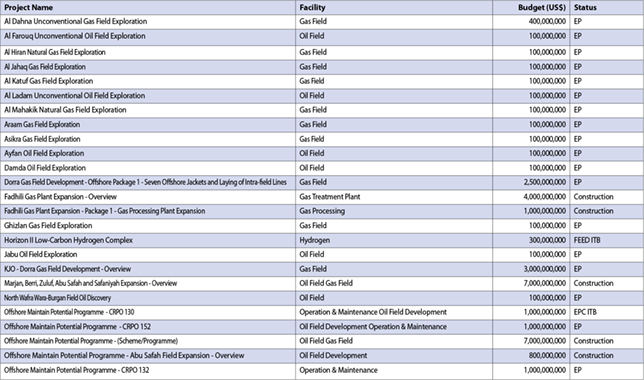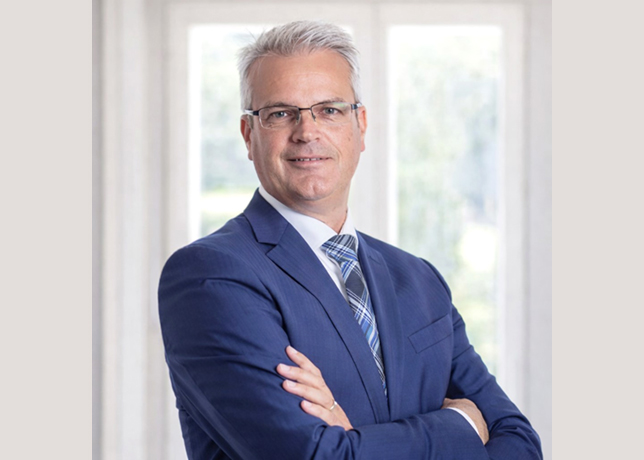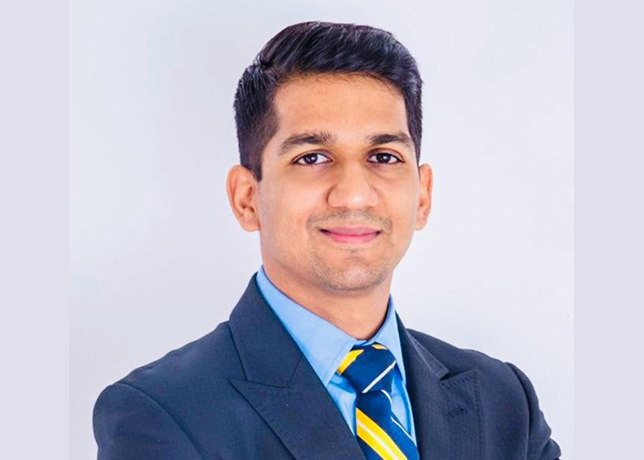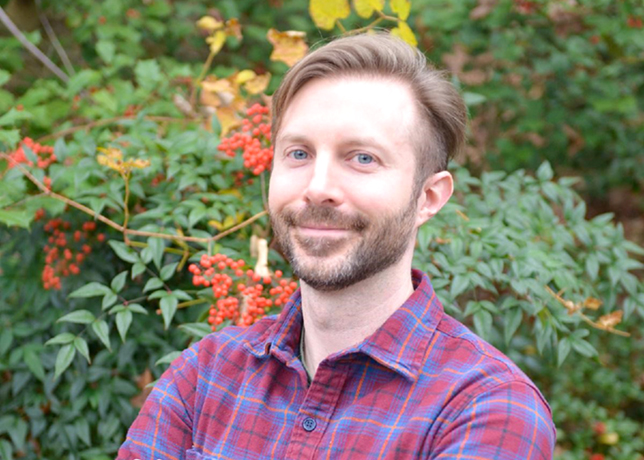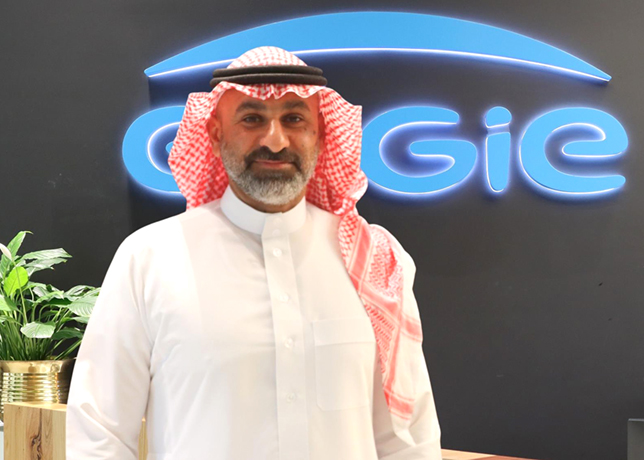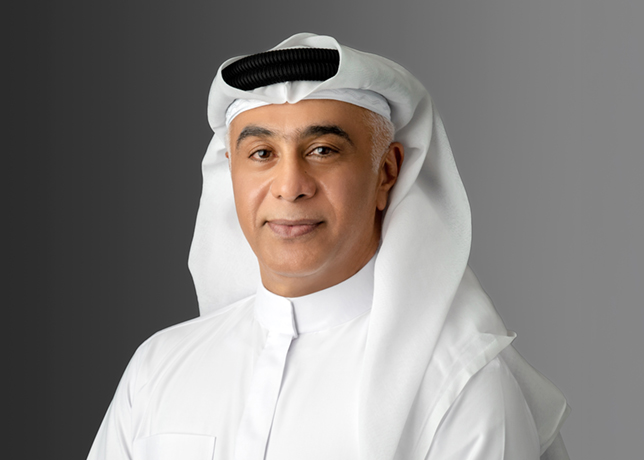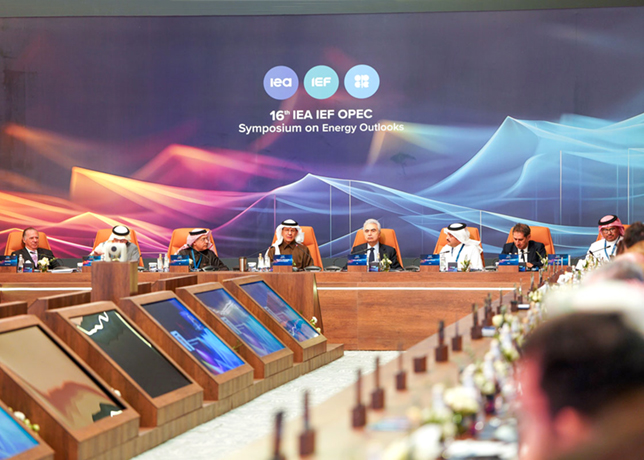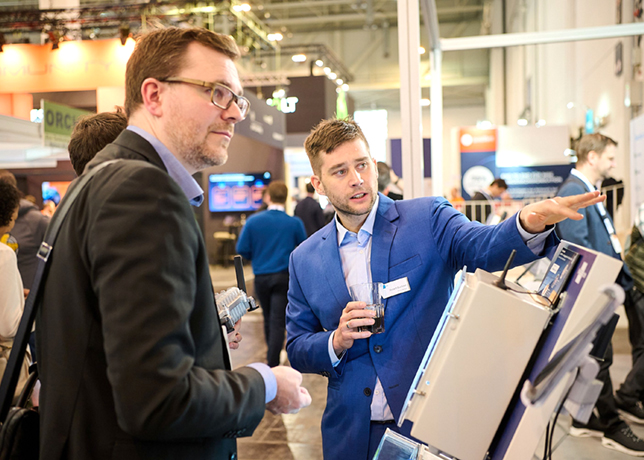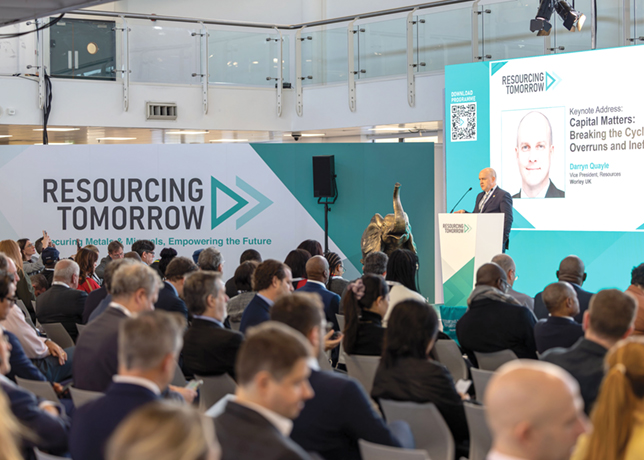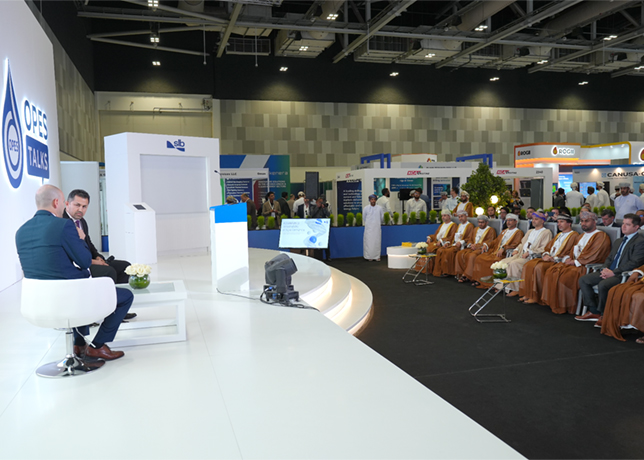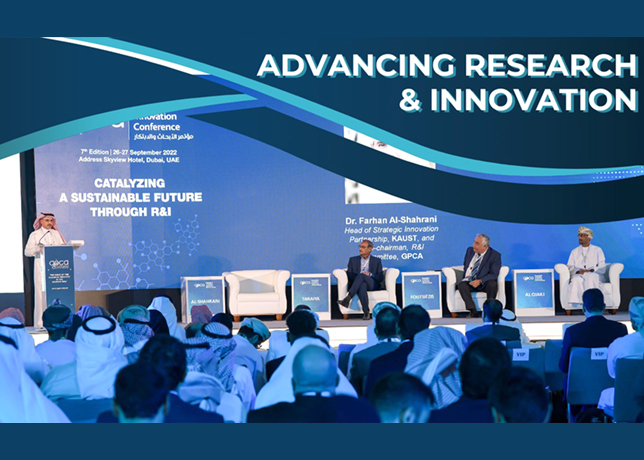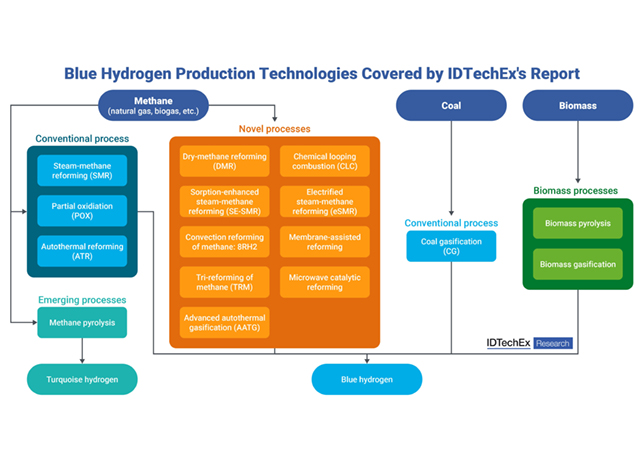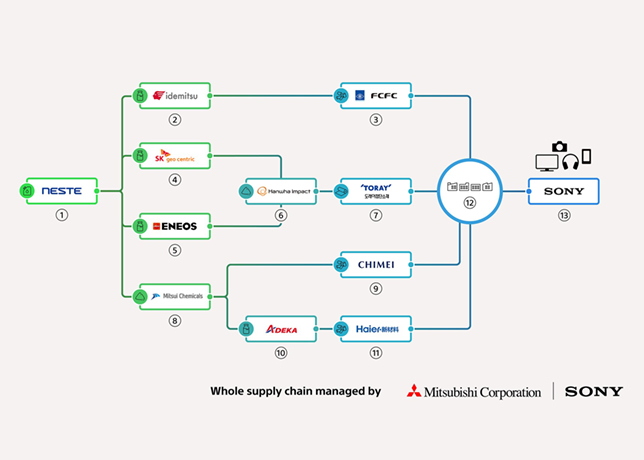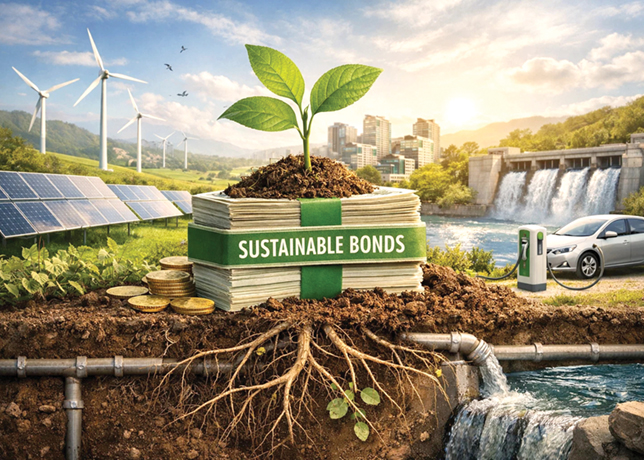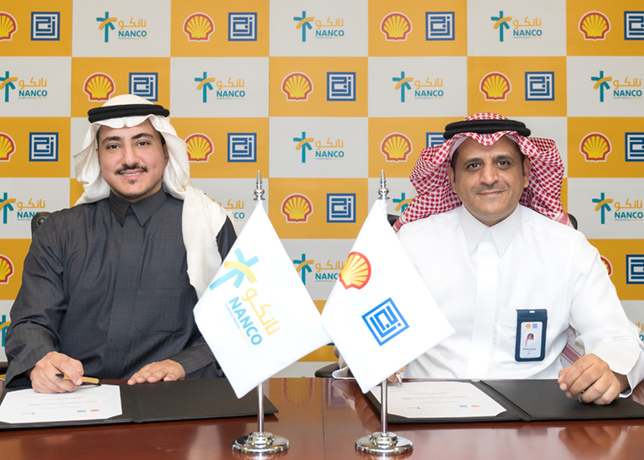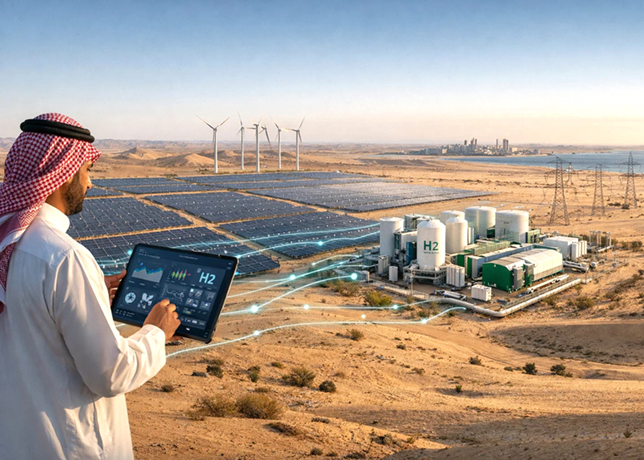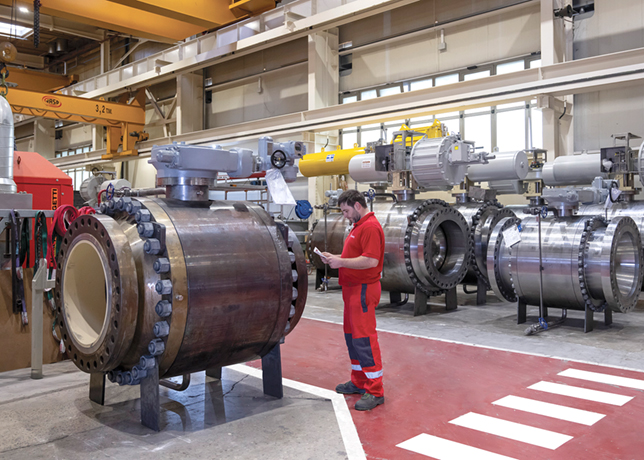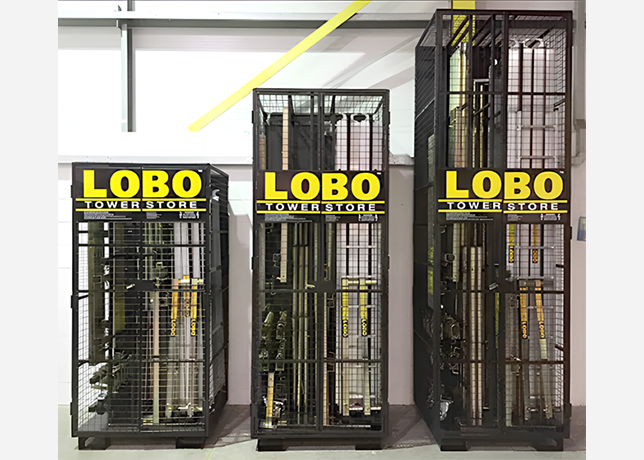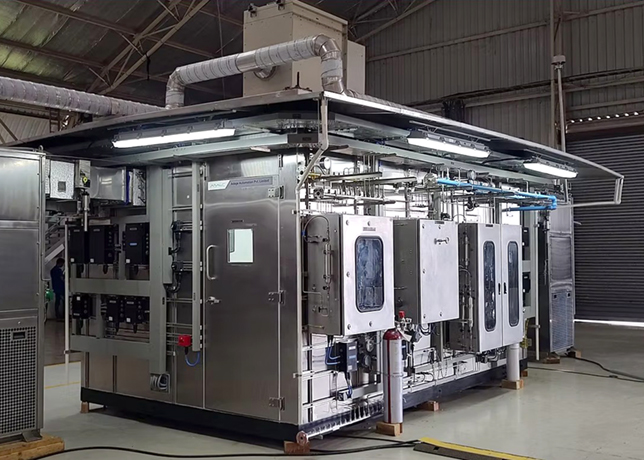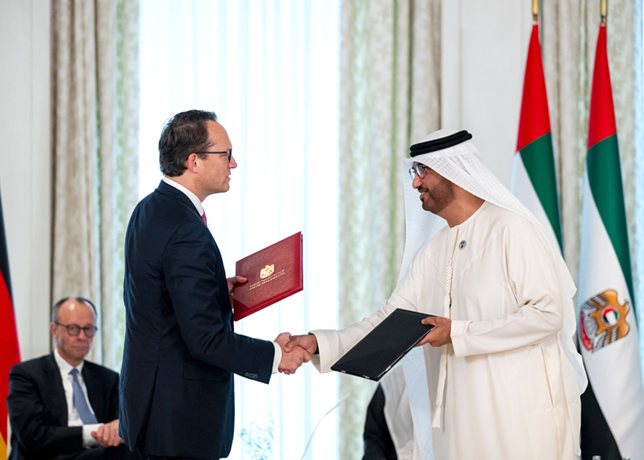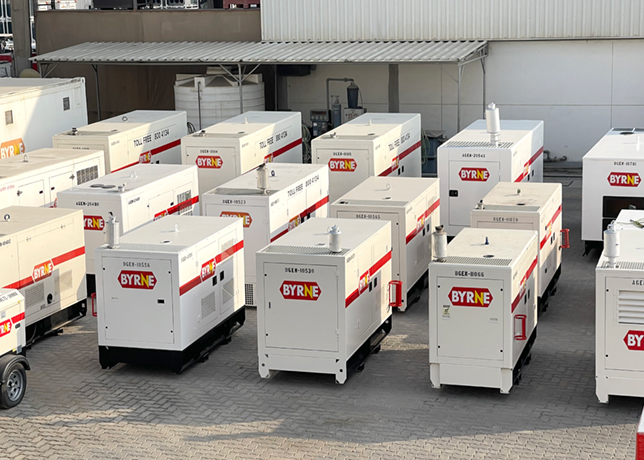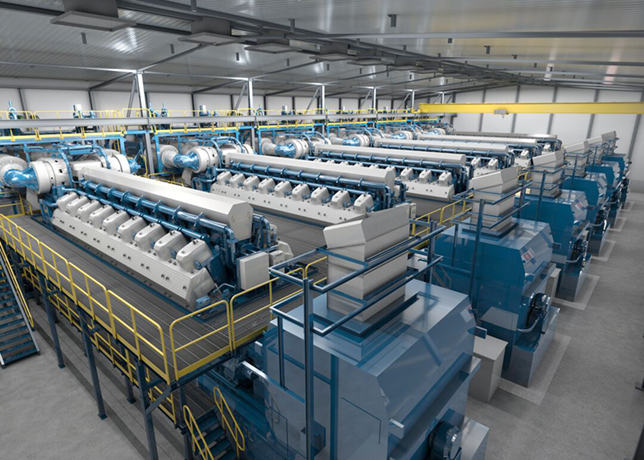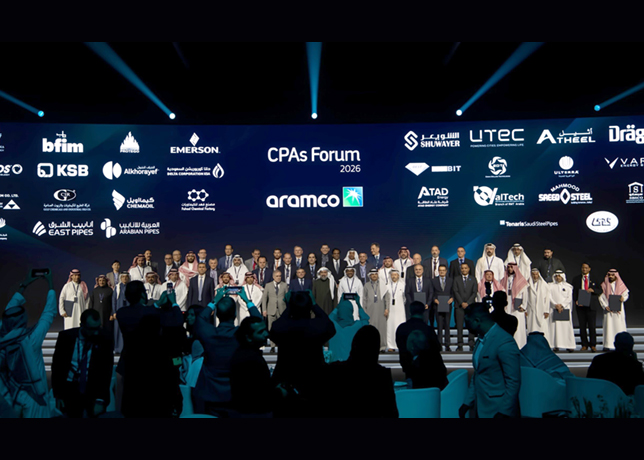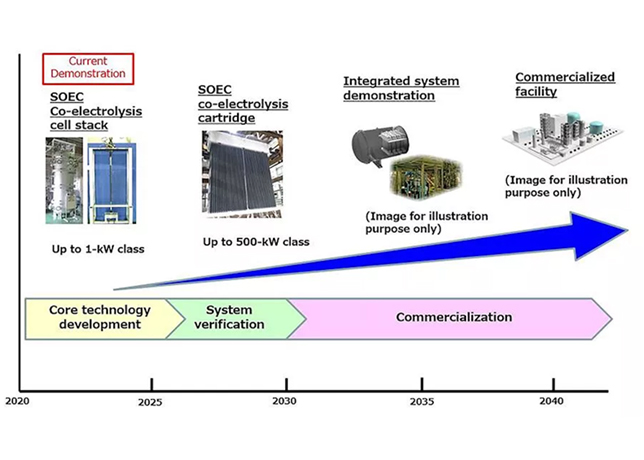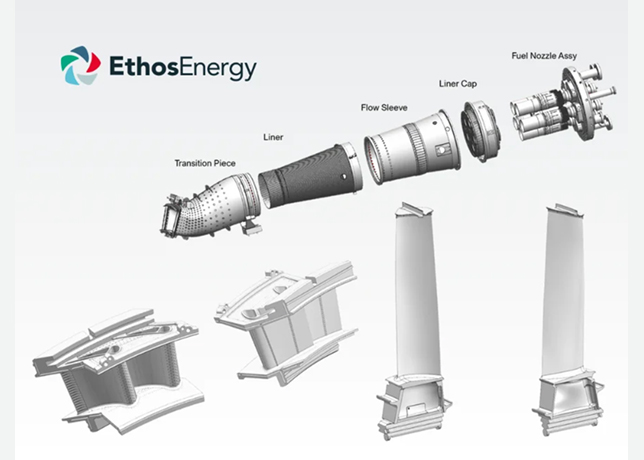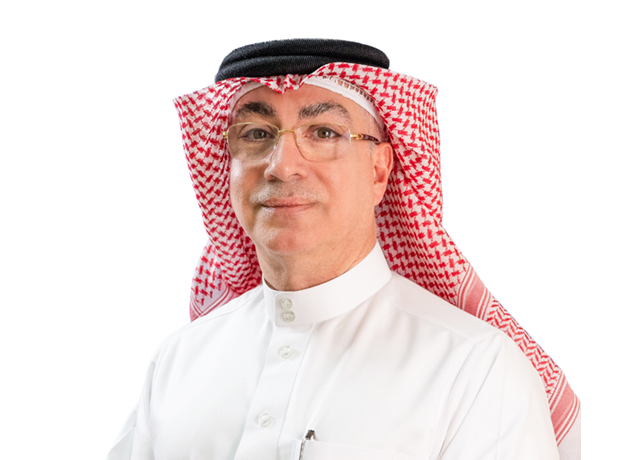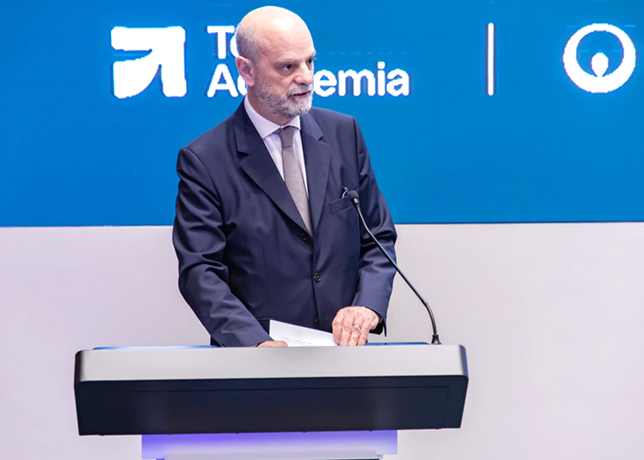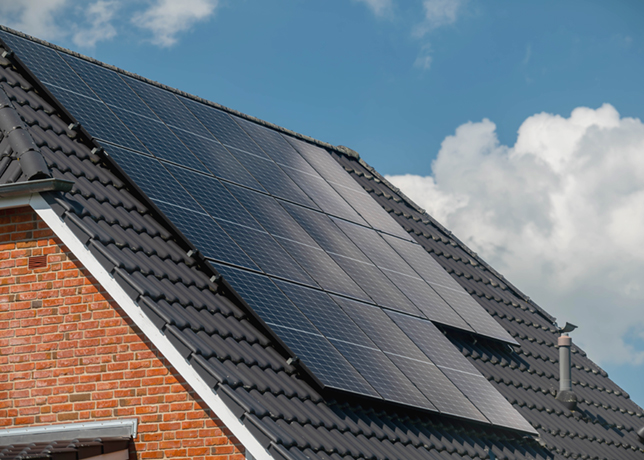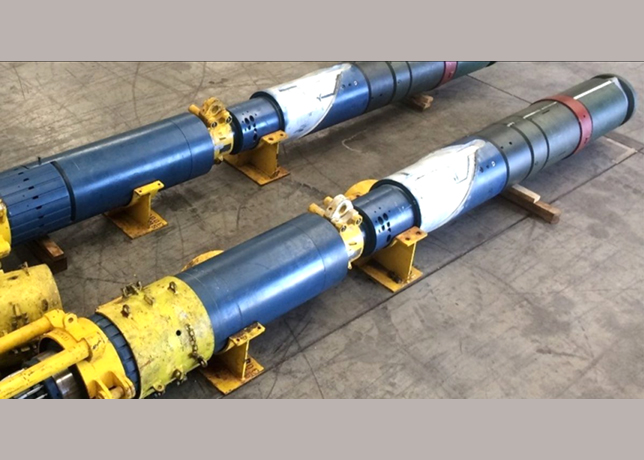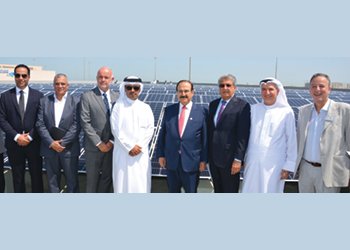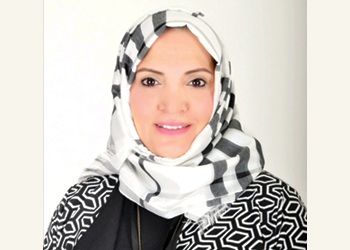
 Alhalwachi ... plugging the skills gap
Alhalwachi ... plugging the skills gap
Regretting the lack of interest seen in the region for environmental education, a field expert has called for essential collaboration between universities, ministries and the energy sector to evoke interest in what she sees is the future of energy.
Making a case for clean energy, Suad Alhalwachi, CEO of Education Zone, tells Abdulaziz Khattak of OGN, as the need for electricity grows, the focus should be on producing it from sources that don’t harm the planet.
'Electricity doesn’t only illuminate our houses, buildings and roads, it makes our computers work and runs our machines in factories; we need electricity for everything in our complicated lives.'
So how is electricity produced? There is the traditional way of using gas and petroleum, and then there is clean energy: Using wind, sun, and other means that don’t damage our planet.
'This is what we need to talk about,' says Alhalwachi.
 |
Figure 1: Different majors opted for by students in the region |
She says students need to take on majors that teach these subjects. Unfortunately, there is very little interest in energy courses in the Middle East. She adds. 'About 8 per cent students in the GCC went on to study engineering in 2019 and 2020 (Figure 1). And a very few of those opted for renewable energy. Most students opted for banking and finance and business studies (43 per cent) and medical fields (18 per cent),' she says.
Alhalwachi adds: 'This is because there aren’t many places in the world that focus on environmental change and mainly renewable energy. And if we do find courses, they cost too much.'
There are a few countries, where environmental related courses are taught at some universities (source: stoodnt.com):
• The US: UC Berkeley, UT Austin, Stanford, University of Michigan, Oregon Tech, Duke University, MIT, North Carolina State University, UMass Lowell, Yale, University of Maryland, Marylhurst University, Colorado Tech, Santa Clara University, University of Wisconsin, Ecotech Institute, Northeastern University, and San Juan College.
• Denmark: Technical University of Denmark, Aalborg University, and University of Copenhagen.
• Germany: TU Berlin, TU Cologne, TU Munich, University of Oldenburg, SRH Berlin, Leipzig University, University of Freiburg, Offenburg University, University of Kassel, Hamburg University of Applied Sciences, University of Stuttgart, Kiel University, and University of Gottingen.
• The UK: University of Cambridge, Imperial College London, University of Manchester, University of Edinburgh, University of Glasgow, University of Reading, University of Bath, Ulster University, Newcastle University, Loughborough University, University of Dundee, Cranfield University, University of Nottingham, Queen Mary University of London, London School of Economics & Political Science, University of Leeds, Kingston University, and Northumbria University.
• Sweden: KTH Royal Institute of Technology, Chalmers University of Technology, Uppsala University, Linnaeus University, Halmstad University, Kristianstad University, Dalarna University, InnoEnergy Master’s School, Linkoping University, and Lund University.
Alhalwachi says a change in mindset in the region towards these subjects is needed and suggests a few choices in this regard:
• Choice No 1: Telling people that making solar panels and wind turbines is an engineering field.
• Choice No 2: Configure every equipment, used to manufacture our food, clothing, and other necessities, to run on clean energy. For example, Alhalwachi says, the cars we drive use petroleum-based fuel. 'What we need are cars that use plant-based fuels. We need all our energy to come from sources other than fossil. And one of the main reasons is that fossil fuel is not endless. It’s being depleted and we don’t know how long it will last. Ironically, even electric cars use electricity generated using fossil fuel. Thus what we need is to change our focus to stay on non-fossil fuel sources.'
• Choice No 3: The fashion industry uses products that are bad for the environment. Most of the fabric manufactured is made from fossil fuel products, and elements produced during production return back to the sea and kills our marine life. We need to rethink our manufacturing processes even for the simple choice of fabric.
• Choice No 4: There is a need to streamline our focus on education. We need to encourage students to think about renewable energy. Our education system is outdated, and we hardly teach much in schools about the environment and efficiency. Thus shifting the focus to overhauling the education curriculum is an important factor.
Alhalwachi says there exists a skills gap in what the energy sector requires and what the local universities produce. 'I feel a collaboration between the universities, schools, ministries and the entire energy sector is very crucial.'
She adds: 'We need to arouse interest in both the public and local universities to supply what is required in the market. At the moment the region does not cater for this field at all. Saudi Aramco (Saudi Arabia) and Khalifa University (UAE) maybe the only two institutions that somewhat focus on this field, and they are doing a good job introducing new courses in the sector as they help in filling demand in the market for this field.'
* Education Zone is an education consultancy with offices in the UAE and Bahrain. It caters to students from across the GCC.



